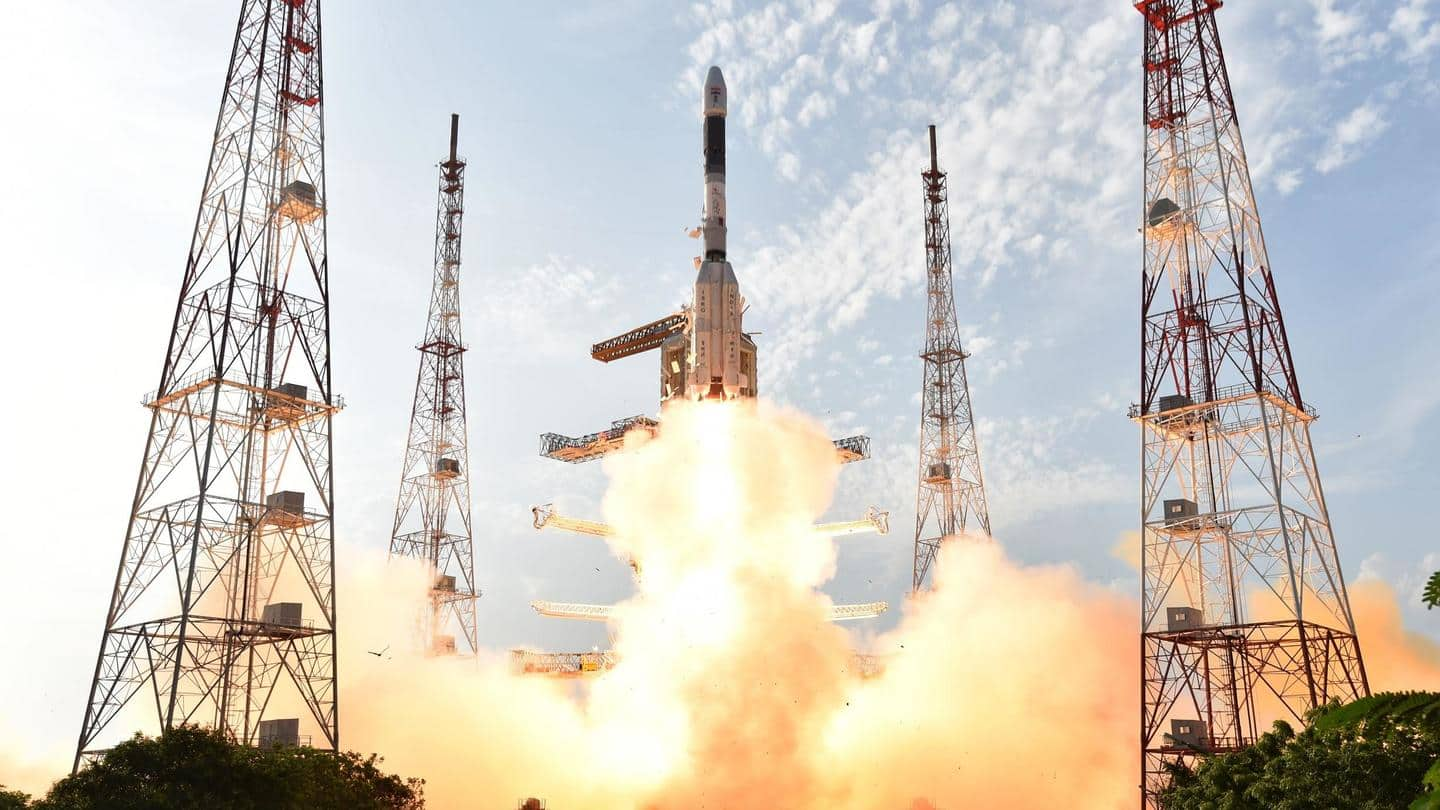
ISRO's satellite will carry Modi's photo, Bhagavad Gita to space
What's the story
India's first manned mission might be scheduled sometime after 2023, but that isn't stopping the Indian Prime Minister from a space voyage.
A copy of the Hindu religious text Bhagavad Gita and a photo of Narendra Modi will be launched into space by the Satish Dhawan satellite along with the names of 25,000 individuals by the end of this month.
Space students
Mission will also launch SpaceKidz scientific experiments and WAN demonstration
The payload of the Polar Satellite Launch Vehicle (PSLV) isn't restricted to non-scientific endeavors. The launch will also carry a nanosatellite developed by Space Kidz India.
The organization promoting space science among students will include payloads meant to study space radiation, earth's magnetosphere, and a final one demonstrating communications capabilities through a space-based low-power Wide Area Network implementation.
Student scientists
Department of Space had signed up with Space Kidz
The ISRO's collaboration with Space Kidz comes after the Department of Space (DOS) signed an MOU with the Indian student space start-up for testing the Satish Dhawan satellite at the U R Rao Satellite Centre.
Space Kidz has been in the news several times for student space projects; notably being the first Indian non-governmental student entity to launch femto and micro satellites in conjunction with NASA.
Multi-faceted
PSLV-C51 mission includes a host of scientific and commercial endeavors
The PSLV-C51 mission is slated for February 28. It will carry Brazil's Amazonia-1 satellite, which is the country's Earth observation satellite.
The mission will include another 20 satellites, one of which is the ISRO nanosatellite carrying Space Kidz scientific experiments.
Also part of the launch is start-up Pixxel's demonstration satellite. Pixxel plans to create a constellation of 30 earth observation satellites by December 2022.
Space sentinel
Indian space start-up Pixxel's satellite will detect fires, water pollution
Indian space start-up Pixxel's maiden satellite Anand will be a part of its multi-satellite launch strategy. It will be used for early detection of forest fires, crop disease, damaging leaks of petroleum products, and water pollution.
The company plans to provide India global coverage every 24 hours, with the help of a total of 30 earth observation satellites it has in the pipeline.